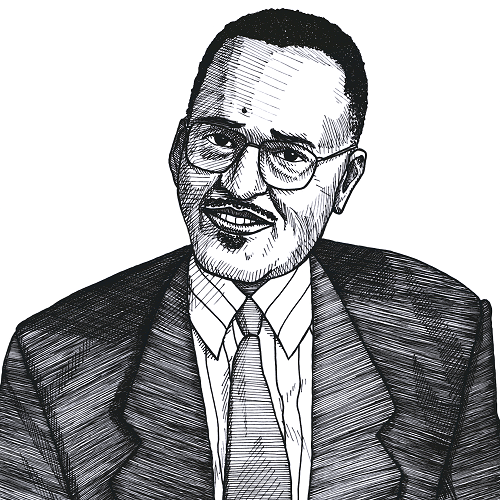Liberty Matters
Response

The five essays on the legacy of Walter Williams pay tribute to a voice that made people think about important social and economic issues. Williams argued passionately that the free market and capitalism were the best methods for addressing those issues, and these essays highlight his arguments. Boudreaux’s is the most personal, his being a close friend and colleague of Williams. It is a poignant remembrance and has examples of Williams’ scholarship as well as his humanity. Brown’s essay is valuable in that it traces Williams’ life from his early years when his ideas were being formed. His essay analyzes Williams’ view about the legal impediments that restricted Blacks’ civil rights and the problems inherent in subsequent legal actions to resolve these problems. I am reminded of what my father once told me when I decided to apply for admission to the University of Georgia. He said that if we were not qualified, then such laws would be redundant. In the beginning of his essay, Brown mentions that there are few scholars who look like him and think like him. I would encourage him to join John Sibley Butler and me in Bob Woodson’s 1776 Unites, which is a coalition of scholars and hands-on practitioners who believe much like Walter Williams. Here Brown would find people who look like him and most of whom are kindred spirits. John Sibley Butler’s piece is the most scholarly, drawing from Williams’ academic work on capitalism and linking it to the work of other Black scholars and other thinkers. Again, the concepts of liberty, freedom, capitalism, and markets are detailed. I have yet to see a more complete, yet concise case for the importance of these concepts to better the economic condition of all people. DeGennaro’s essay touches on the points made by the other essayists. It is interesting how the essays- written independently- contain many of the same quotes. DeGennaro, however, presents questions that he wishes Williams had expounded upon, including the relation of capital to labor and the worrisome trend in single-parent households for all races. It would indeed be interesting to see if other single parent households have the same attributes as blacks, rather than reflecting the overall decline in marriage, birthrates, and changing morals in today’s society. However, that is the subject of further research.
Lastly, one underlying theme in Williams’ writings is whether government actions have undermined the condition of Blacks in America. Much of the economic wellbeing of Blacks has worsened since the government enacted social programs, beginning with the War on Poverty. Bob Woodson has stated that government actions have created the poor as an economic good and a class of people who profit from servicing the impoverished. It is in that groups’ best interest to keeping the poor poor. I know that Walter Williams would have agreed.
Copyright and Fair Use Statement
“Liberty Matters” is the copyright of Liberty Fund, Inc. This material is put on line to further the educational goals of Liberty Fund, Inc. These essays and responses may be quoted and otherwise used under “fair use” provisions for educational and academic purposes. To reprint these essays in course booklets requires the prior permission of Liberty Fund, Inc. Please contact oll@libertyfund.org if you have any questions.